Planet Earth, the world's most successful documentary franchise, is coming back with a brand-new series, Planet Earth III. Premiering on DOCUTV on October 29, it will also be screened simultaneously on IQiyi, BesTV, Bilibili, Tencent Video, Youku, and Migu Video. The series, produced over 5 years by the renowned BBC Studios Natural History Unit, features the BBC’s award-winning Michael Gunton as Executive Producer. Sir David Attenborough, known as the “Father of World Nature Documentaries”, provides the narration, while the Hollywood maestro Hans Zimmer and his team have devoted their talents to creating the original soundtrack. Inheriting the series’ tone of awe, beauty, and warmth towards nature, Planet Earth III will revolve around eight different themes: Coasts, Oceans, Deserts and Grasslands, Freshwater, Forests, Extremes, Humans, and Heroes. In this phenomenal collection of 8 episodes, the series will explore Earth’s numerous astonishing habitats, vividly presenting the most magnificent and grandest spectacles of the natural world, as well as the incredible survival legends of wildlife. The series reveals the astonishing changes and profound impacts that occur throughout nature, allowing us to experience the continuity and cycles of life.
During the Planet Earth III event held on October 27, Jonny Keeling, head of BBC Studios Natural History Unit and one of the producers of Planet Earth III, shared the creative concept and captivating stories of the series. Addressing the audience, Jonny remarked, “About twenty years ago, Planet Earth showcased the grandeur and magnificence of Earth to global audiences through aerial cinematography, presenting a God’s eye view. In 2016, Planet Earth II brought the audience closer, focusing on the animals themselves, immersing viewers in the world of natural selection like never before. While carrying the DNA of the previous two series, Planet Earth III takes a fresh narrative angle, emphasizing the resilience and adaptability of nature. It is the culmination of all the advanced filming and narrating techniques of BBC Studios’ Natural History Unit, combining the unique emotional narrating of Dynasties, the grandeur of Seven Worlds, One Planet, and the groundbreaking filming techniques introduced in The Green Planet. We believe it will leave viewers in awe and deep contemplation”.
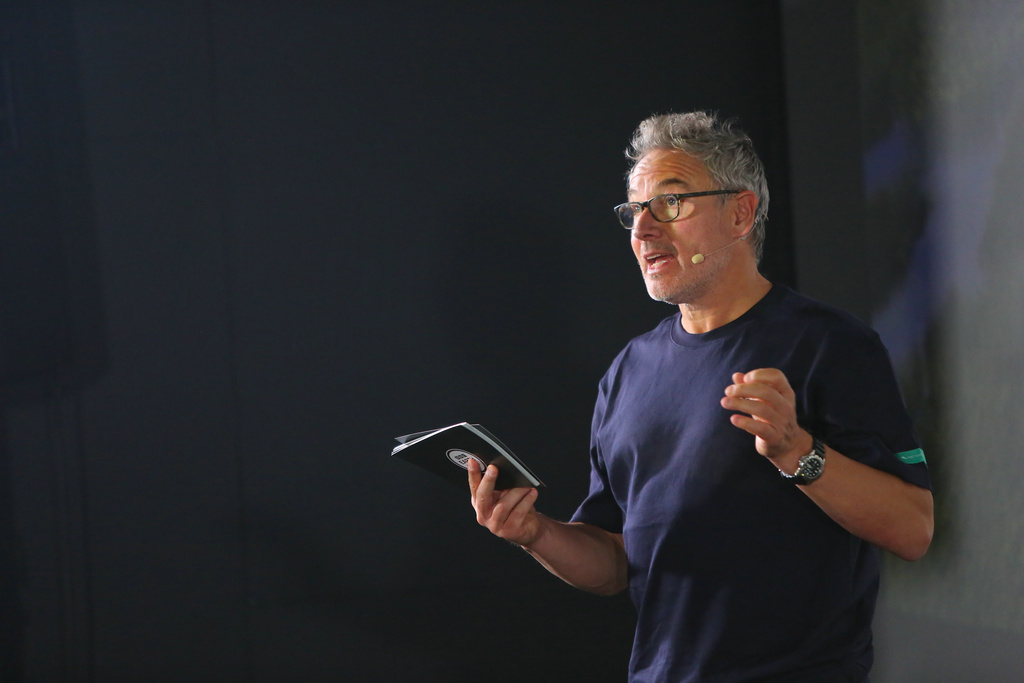
The filming of Planet Earth III took 1,904 days, with the production team visiting 43 countries and regions across six continents to successfully capture numerous world-first shots with advanced filming equipment, including lightweight drones, high-speed cameras, and remote deep-sea submersibles. For instance, using a specially designed and custom-built motion “tag camera”, the team filmed for the first time on the back of a southern right whale, revealing a whale’s-eye-view of Península Valdés in Argentina. They also filmed two miles below the surface of the sea using a deep-sea submersible, revealing the first broadcast footage of the largest known gathering of octopus in the world. Furthermore, the production team used a military grade thermal camera to capture the spectacular return of the lions to Namibia’s Skeleton Coast for the first time in 40 years.
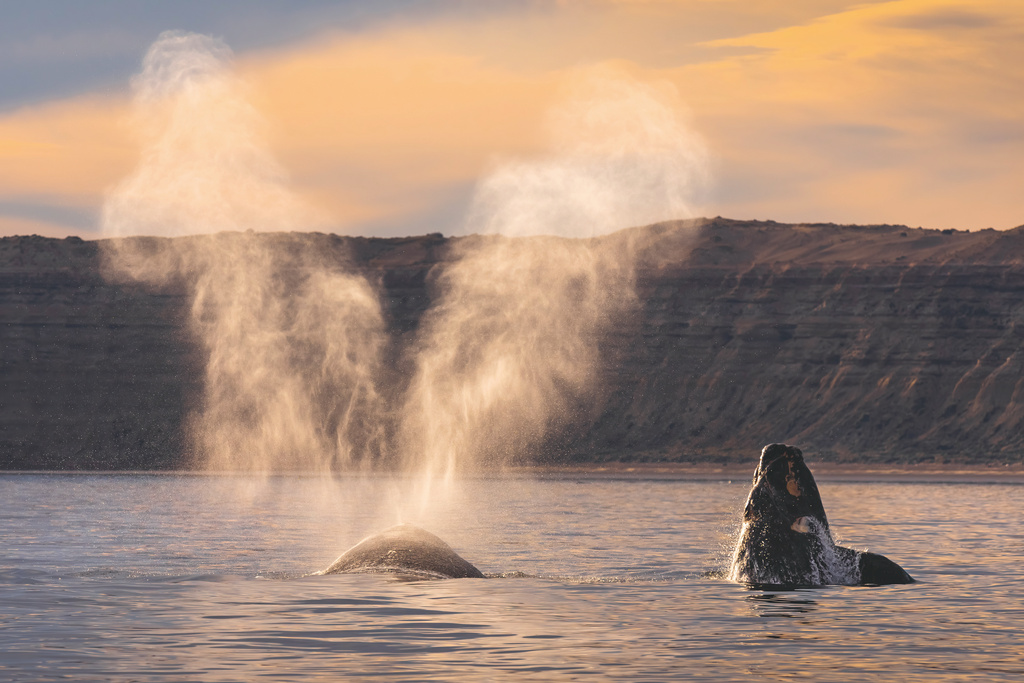
In the first episode, Coasts, Sir David Attenborough recalls his visit to Raine Island in 1957, when he led what was the first film crew to the tiny sand cay on the outer edges of Australia’s Great Barrier Reef. David and his crew rowed ashore and encountered an adult and hatchling green turtle. At the time, little was known about the remote location, not least that it was the biggest turtle rookery in the world. Now, 66 years after David’s initial visit, in the first episode, he will reflect on the changes since his expedition over six decades ago, the threats to the island, and the turtles who rely upon it. Recent research has revealed that today Raine Island’s turtles are almost all born female. A turtle’s gender is determined by the temperature it is incubated in, and the sand on Raine Island, in which the turtle’s nest, is now at a record high. What’s more, the island itself is changing shape thanks to bigger tides and waves, and may soon succumb entirely to rising seas.
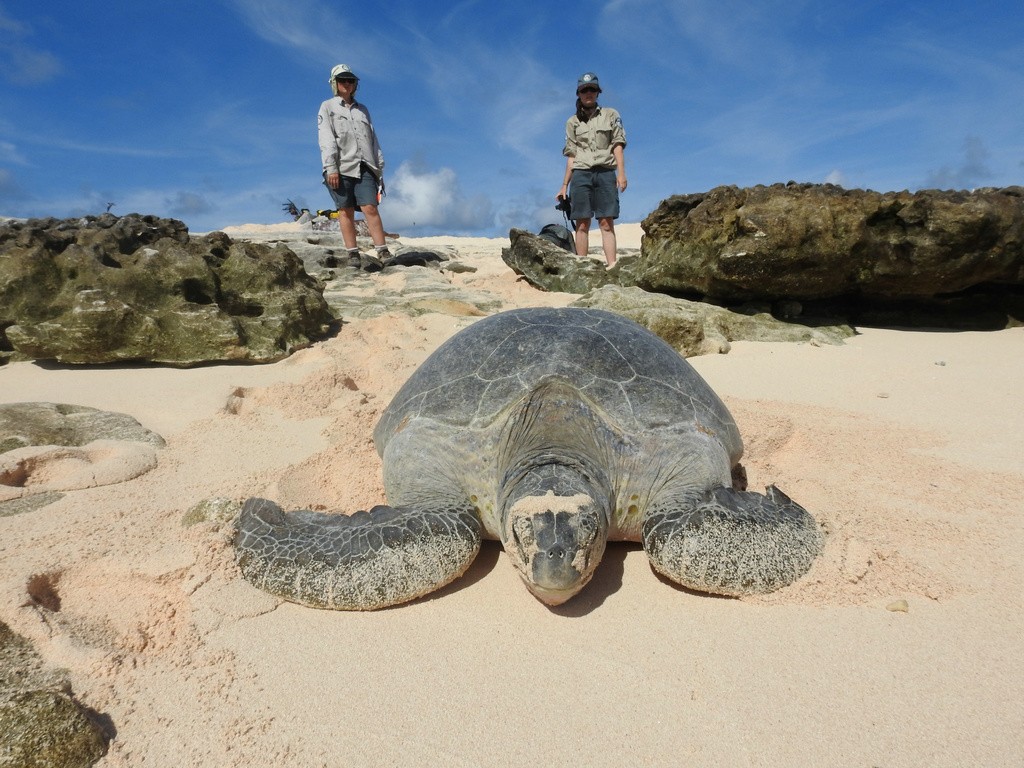
Furthermore, the highlights of the first episode also include the sea angels. This beguiling creature has a devilish side – it’s a voracious predator whose ambush wouldn’t be amiss in a sci-fi horror. The team also successfully captured the most complete account of great white shark and cape fur seal interactions on the South African coast. It took four years to capture the footage of the great white sharks, and the behaviour recorded remains unexplained by science. Now, scientists are analysing it.
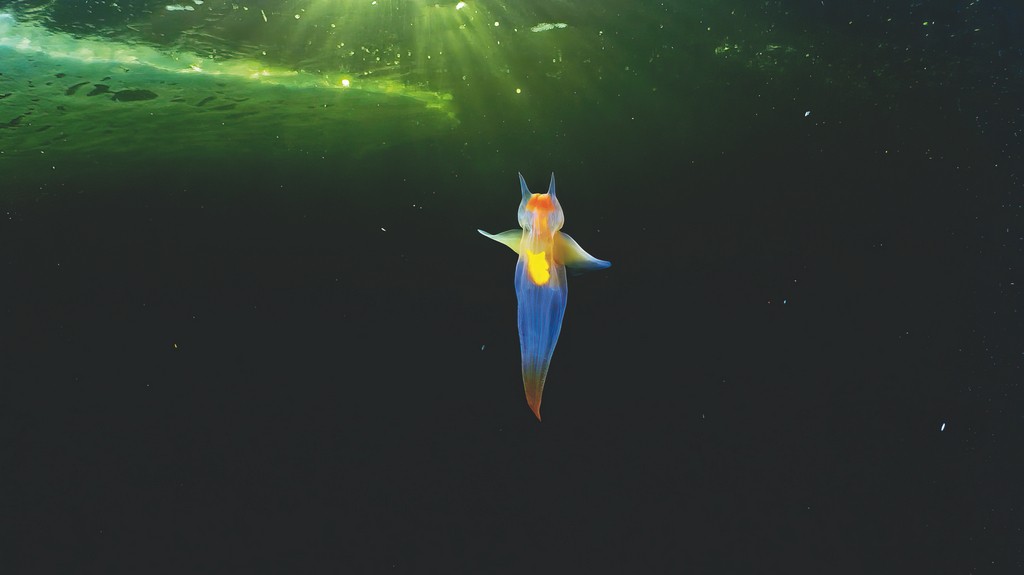
Deep-sea filming was also one of the most challenging tasks when making Planet Earth III. With advanced filming techniques and equipment, such as deep-sea cameras and deep-sea remotely operated vehicles (ROVs), the team braved rough waves, endured immense ocean pressure, and ventured into the cold, dark depths of the sea. At about 3,000 metres below the surface, they were pleasantly surprised to discover a “nursery for octopuses” and recorded precious moments when the baby octopus swam to the deep sea after hatching, the first time such footage had been captured, aside from scientific expeditions. In this “octopus nursery” with deep-sea hot springs, around 20,000 pregnant octopuses gathered. Without the heat provided by the hot springs, it could take more than 10 years for their eggs to hatch. However, even with the hot springs, it still takes two years for their eggs to hatch. During this time, the mother octopuses do not leave their eggs or even forage for food. They starve and eventually die.
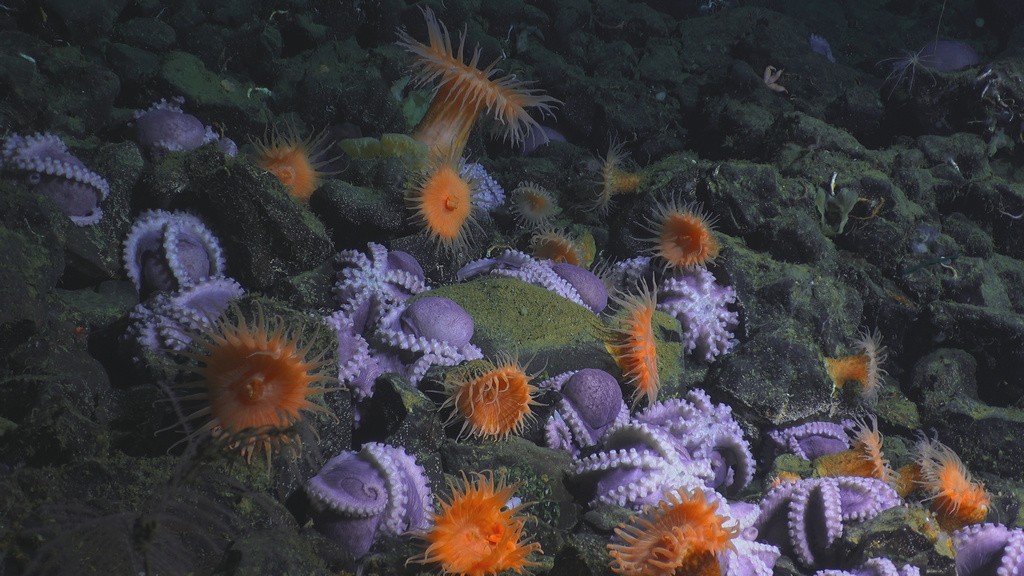
Nearly two decades since the original series of Planet Earth aired on BBC One, humans have witnessed how science and technology has advanced, and all the ecosystems on Earth as well as countless creatures that share this planet with humans, have felt the changes happening to our planet. Animals living on Earth continuously adapt their survival strategies to cope with these drastic changes. As the instigators of these changes, it is time for humanity to adopt a new perspective on the world and make changes for the better, ensuring our harmonious and sustainable coexistence with all living beings. As Michael Gunton, the executive producer of Planet Earth III mentioned, “Humans are pushing species, habitats, and individual animals to their limits of survival and adaptability. However, nature is extremely resilient, and with changes from us, we can witness the extraordinary self-healing ability of the natural world. I don’t know how many more programmes like Planet Earth will be made in the future, but I don’t want to find that there is no material left to film in 20 years; that would be a tragedy for humanity.”
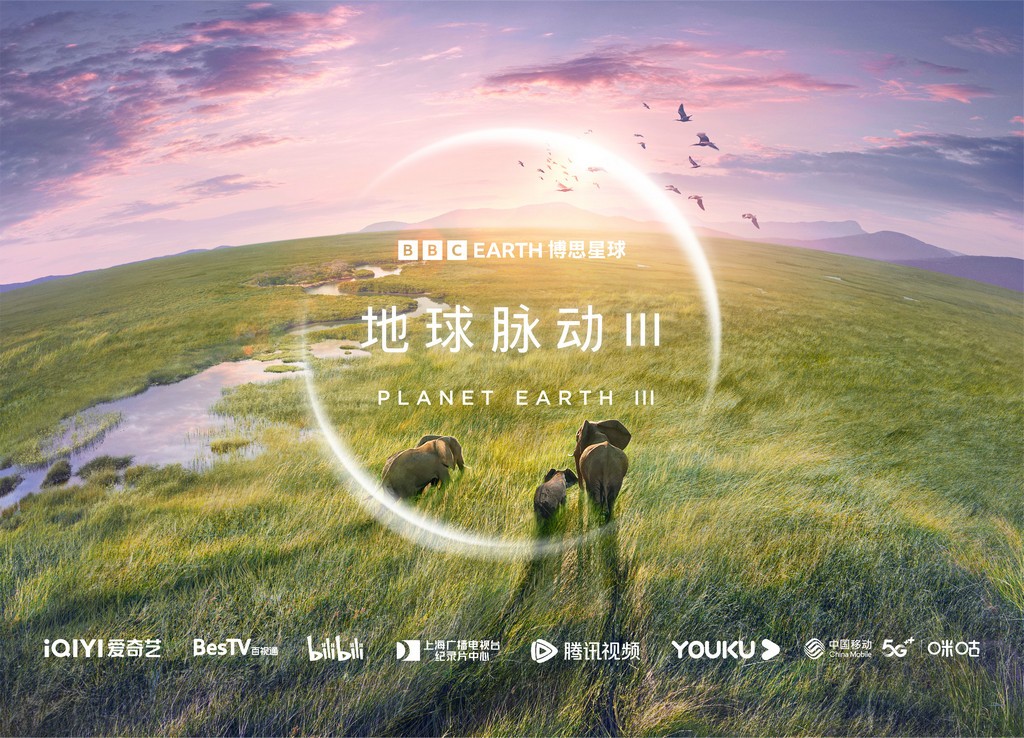





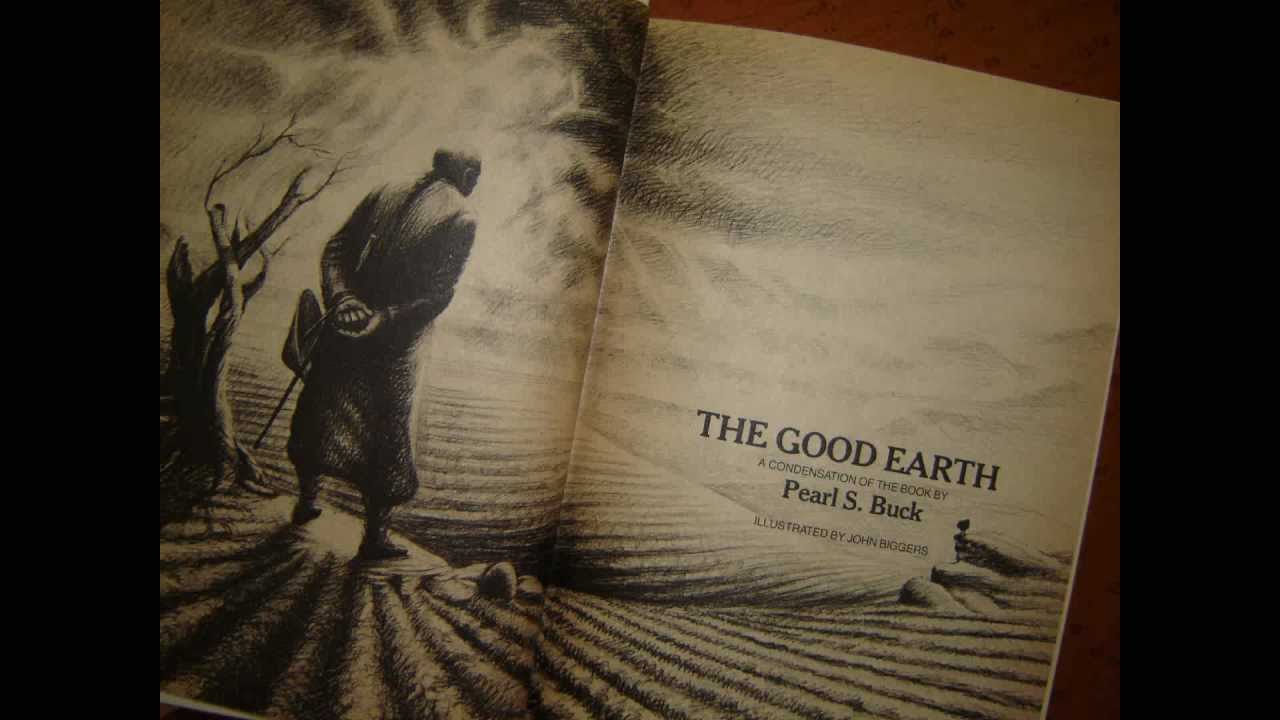















0 User Comments